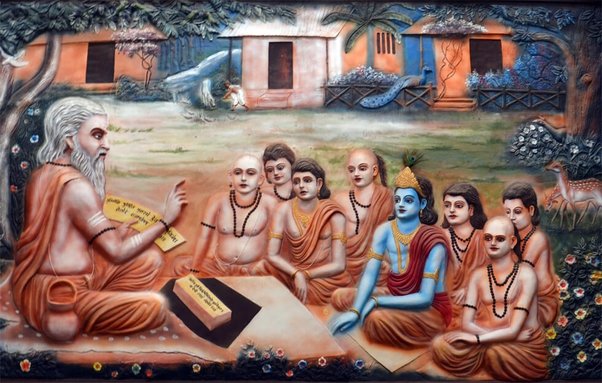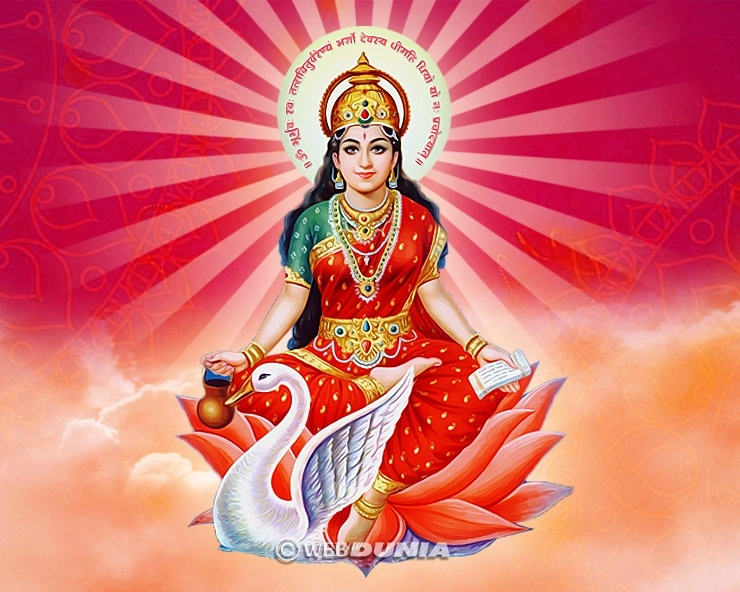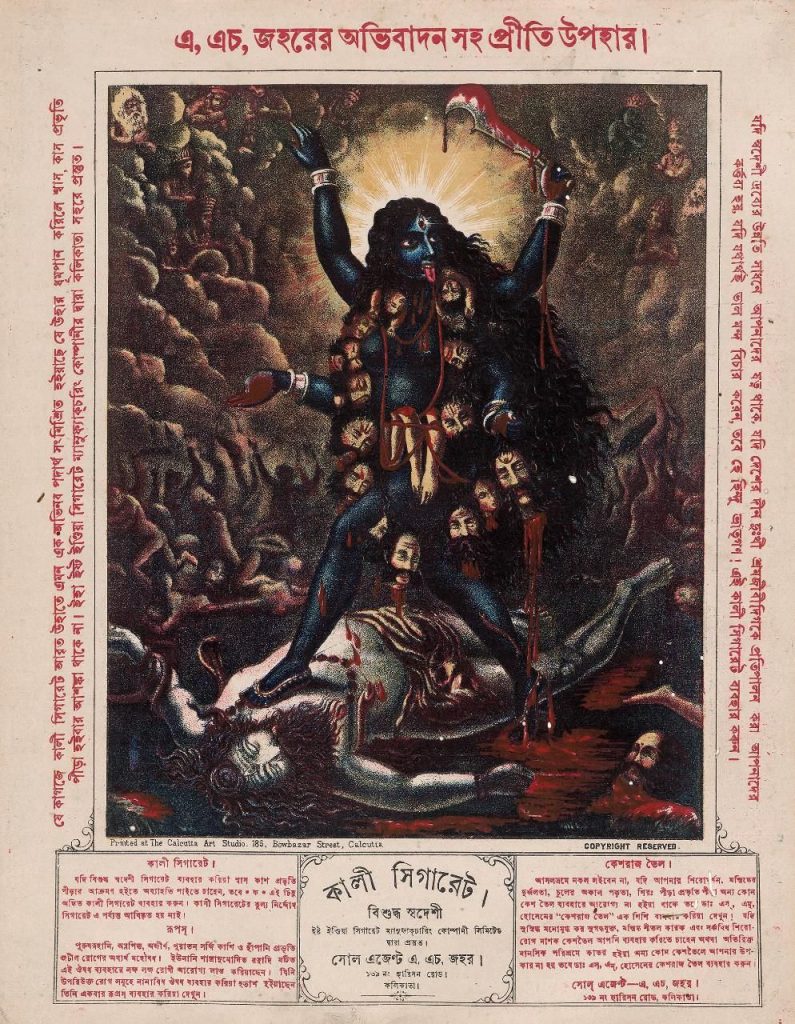The Bhagavad Gita is a 700-verse Hindu scripture that is part of the epic Mahabharata. It is a dialogue between the warrior prince Arjuna and his charioteer Lord Krishna, who is revered as an incarnation of the Vishnu the Preserver, one of the Trimurti. The Bhagavad Gita is considered one of the most important texts in Hinduism, and is revered for its teachings on the nature of existence, the purpose of life, and the path to spiritual liberation.
The Bhagavad Gita presents a synthesis of various spiritual traditions in Hinduism, including Bhakti yoga (the path of devotion), Karma yoga (the path of action), and Jnana yoga (the path of knowledge). It emphasizes the importance of selfless action, detachment from the fruits of one’s actions, and devotion to God as the means to spiritual liberation.
The Bhagavad Gita has had a profound influence on Indian culture and society, and has been translated into many languages. It has been a source of inspiration for many spiritual leaders, philosophers, and thinkers, both in India and around the world. The teachings of the Bhagavad Gita continue to inspire millions of people to this day, and it remains a key text for anyone seeking to understand Hindu philosophy and spirituality.



